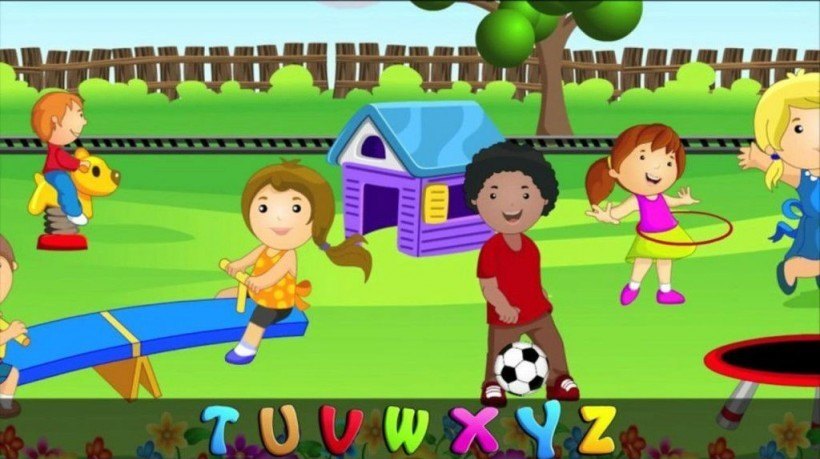Mistakes That You Can Avoid While Creating Video-Based Learning Content
Technology-aided learning is gaining more and more popularity in corporate circles for training and learning. In addition to providing learning as per the needs and requirements of learners, technology also helps in presenting learning content as per the preferences of learners. This provides developers space to explore newer ways of training and learning to make sure that the content is as effective as it is interesting for the learners. With the onset of mobile technologies, video-based learning content can now be easily accessed and can provide effective just-in-time learning.
But creating video-based content for learning takes more than just sharing information in video format. Video-based learning content needs to be aligned with the strengths as well as the weaknesses of the medium. Here are 5 mistakes that you can avoid when creating video-based learning content.
1. Belittling The First Step: Finalizing Budgets
This step cannot be overlooked at all, as the budget is the deciding factor on how a video will shape up. The first thing to decide is the format - animation, live action, or simply a walkthrough. Timelines of development and deployment will also have to be finalized as per budgets. The mode of production will also be taken into consideration so to ascertain whether the production will be in-house or external resources will be hired to create the video.
2. Choosing The Wrong Production Mode
While this is one of the factors while deciding the budget, it has many more repercussions on the overall production value of the learning video as well. There are pros and cons of each – the right decision can be achieved by analyzing them all. Advantages of in-house creatives is that you have the ability to personally address any and all project roadblocks to create content with speed and accuracy. Brainstorming on newer ideas and implementing them is also easier when there are dedicated in-house resources. Collaboration with internal experts with in-person meetings and brainstorm sessions can also add value to the video being developed. However there are disadvantages as well – and the main one is maintaining in-house resources for video creation as it is a costly affair and if the production is not regular, it does not make financial sense at all.
Also, when working with in-house creatives you are limited to their skill-set and personal style. It’s also easy to get in behind on video production especially when the in-house creative is dependent on others in the organization. Among the many advantages of employing external creatives is that you are not limited to a particular skill-set, style, or even by geographic location. Moreover, timeline is agreed upon at the beginning of a project, and with an assigned project manager an external creative agency can deliver timely as well. External agencies can also provide multiple videos, as per the learning needs and course content. Disadvantages of this mode is the fixed cost in-person collaboration which is difficult and often long drawn. Quality is also an issue, if the client or an agency does not agree on aesthetics, design and other issues.
3. Creating The Script Without Taking Into Account Different Factors That Influence It Directly
It is important to create the script in collaboration or at least vetting it with in-house content experts like the content marketing team. A learning video needs to reflect the company’s voice and tone and relevant teams can guide the developers in that direction. It is also a mistake to use too many buzzwords or jargon that the learner is not familiar with. Some buzzwords are ok, but it is important to back them up with relevant data or facts. Also, some videos have too much script and too little visual context. Use visuals to describe complex concept and save your words for something impactful or to re-enforce facts. This will help getting the video too long as well.
4. Using Poor Audio
Most videos have background music and it is a determining factor whether the video makes necessary impact on the audiences. The chosen music must reflect the values associated with of your brand. Wrong music can easily become a distraction and can take the learners’ mind away from information the video is sharing. Many videos also use an audio voice-over. If a voice actor is employed for this, it’s essential that your directions are clear and easy to follow. Providing them with a script and expecting them to execute is just not enough. It is important to give direction to various nuances to be included, important sections and so on.
5. Ignoring The Importance Of Final Review
The review of the video is the last step that, again, cannot be undervalued. Start by reviewing every second of the footage. Read over any and all textual content within the video. Review the audio, separately to fish out inconsistencies or errors. It is also a good idea to have an internal as well as external review done to make sure that the quality of video is perfect.
Creating learning videos can sustain your learning initiative over a long time. By avoiding some of the common mistakes, we can make sure that the quality of the videos are at par and they are utilized well as effective tools of learning.









